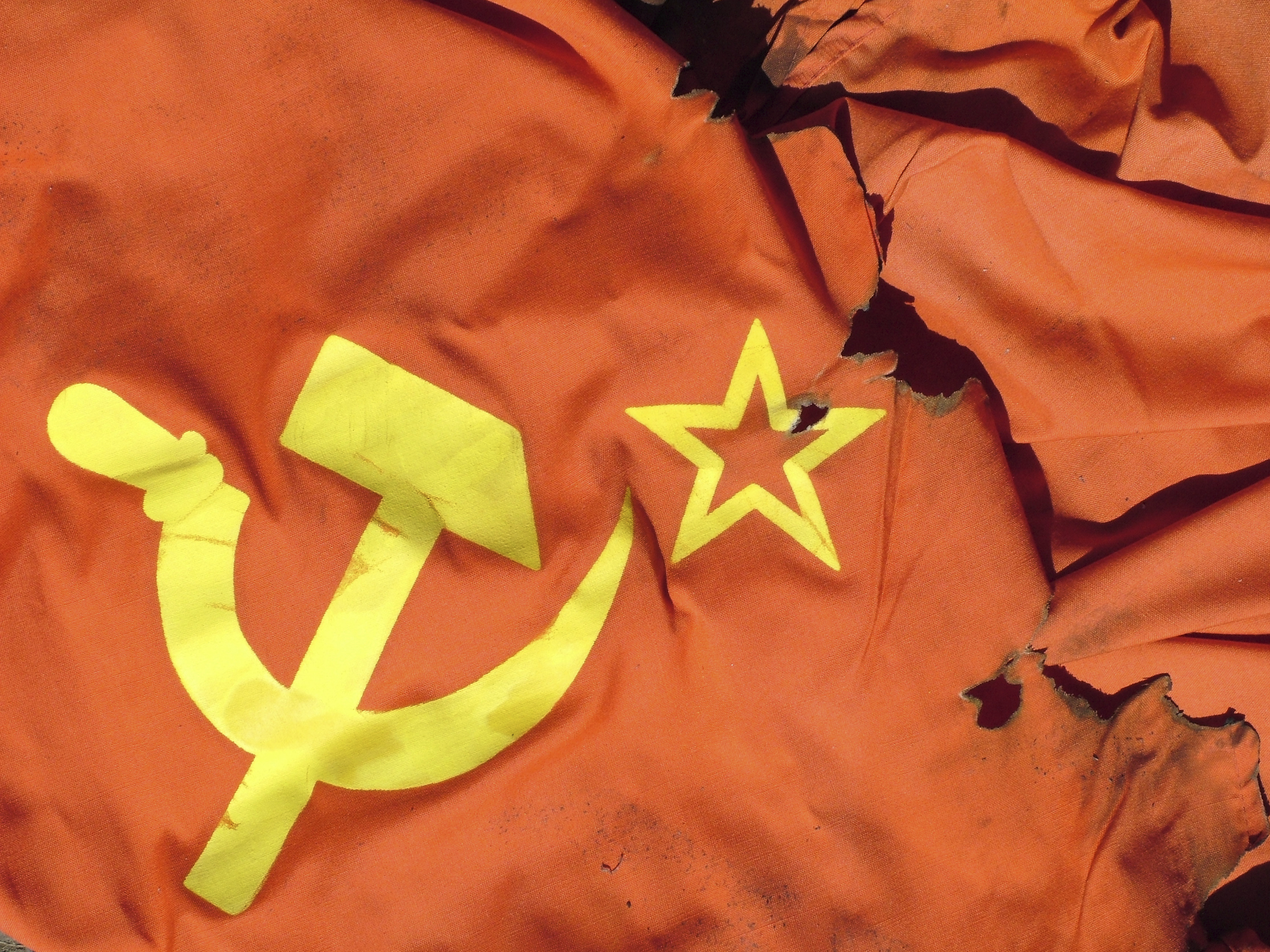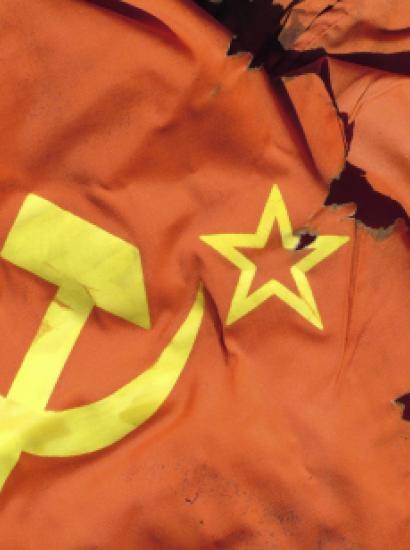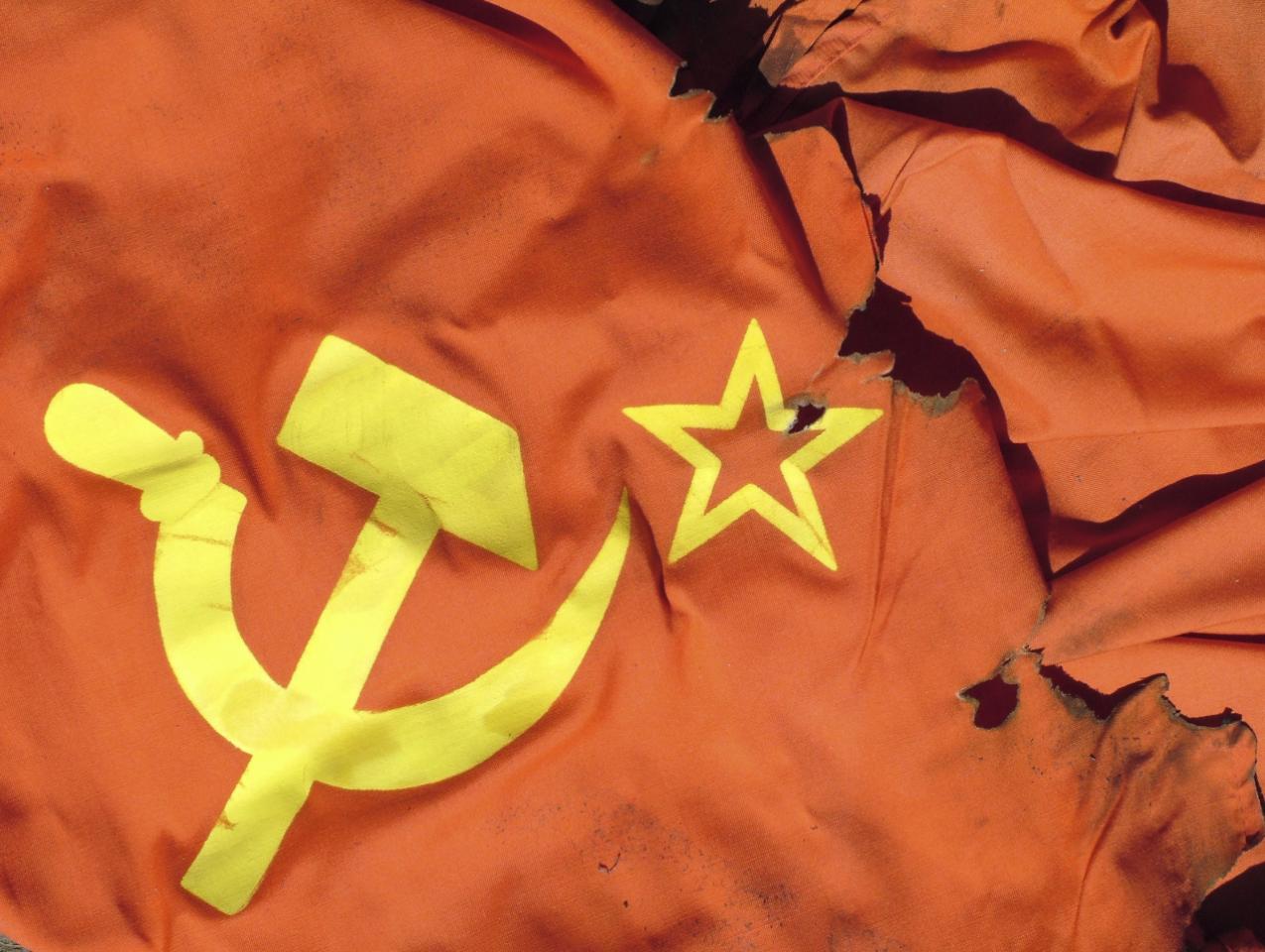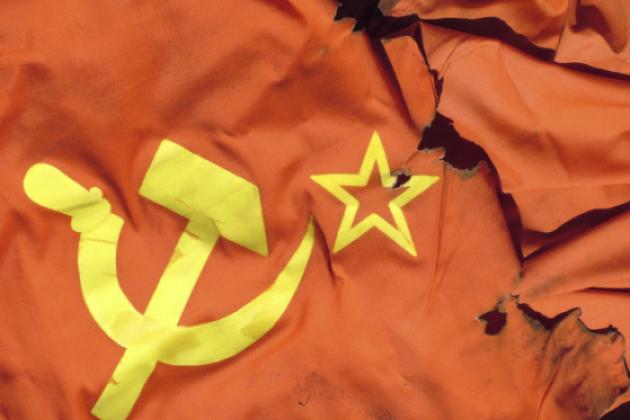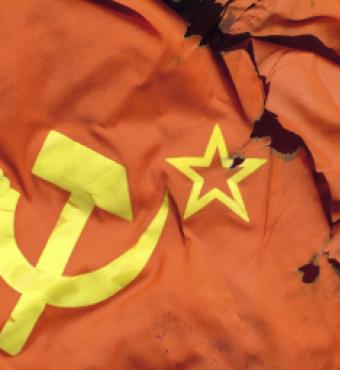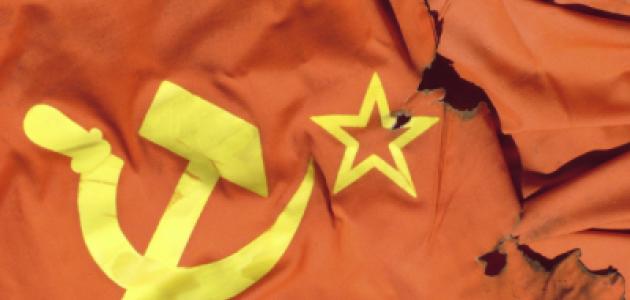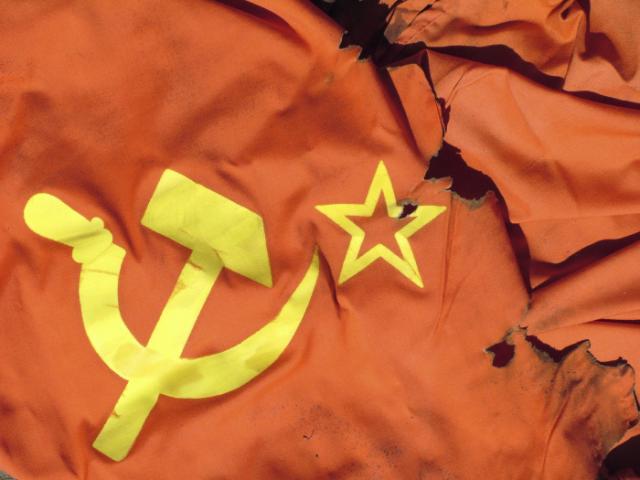- Economics
- US Labor Market
- Law & Policy
- Regulation & Property Rights
- Energy & Environment
- Science & Technology
- History
- Economic
- Military
- Contemporary
- US
- World
- Civil Rights & Race
Monday, May 24, 2021
Hoover Institution, Stanford University
The USSR had thrived during the nuclear revolution of the 1950s, matching America's ability to produce powerful missiles and destructive warheads. But accuracy eluded the USSR. Precision strike was produced by miniaturizing computing power, so it was limited by the capacity of the computer chips crammed into the nose of each missile. The Soviets faced fundamental challenges in their ability to fabricate tiny circuits. Their guidance systems were therefore always substantially less accurate. In the 1970s, President Jimmy Carter had authorized multiple new highly accurate weapons systems taking advantage of Silicon Valley's most advanced integrated circuits. By the 1980s, when these systems began to be deployed, the USSR had no response. Soviet defense officials feared that a precision conventional strike from the U.S. might even disable the USSR's nuclear forces. Ronald Reagan inherited a Soviet leadership convinced that it had already lost the arms race because it could not produce the computational power needed for precision weaponry.
Chris Miller is assistant professor of international history at The Fletcher School at Tufts University and co-director of the school's Russia and Eurasia Program. He is author of We Shall Be Masters: Russia's Pivots to East Asia from Peter the Great to Putin (2021), Putinomics: Power and Money in Resurgent Russia (2018) and The Struggle to Save the Soviet Economy (2016). He has previously served as the associate director of the Brady-Johnson Program in Grand Strategy at Yale, a lecturer at the New Economic School in Moscow, a visiting researcher at the Carnegie Moscow Center, a research associate at the Brookings Institution, and as a fellow at the German Marshall Fund's Transatlantic Academy.
ABOUT THE PROGRAM
https://www.hoover.org/research-teams/history-working-group
This talk is part of the History Working Group Seminar Series. A central piece of the History Working Group is the seminar series, which is hosted in partnership with the Hoover Library & Archives. The seminar series was launched in the fall of 2019, and thus far has included six talks from Hoover research fellows, visiting scholars, and Stanford faculty. The seminars provide outside experts with an opportunity to present their research and receive feedback on their work. While the lunch seminars have grown in reputation, they have been purposefully kept small in order to ensure that the discussion retains a good seminar atmosphere.






